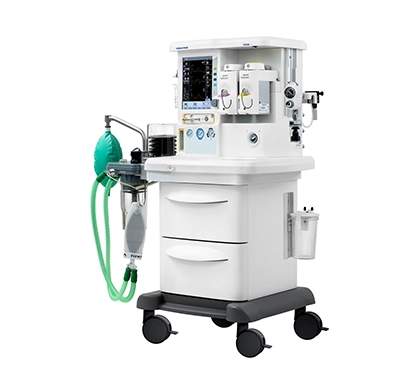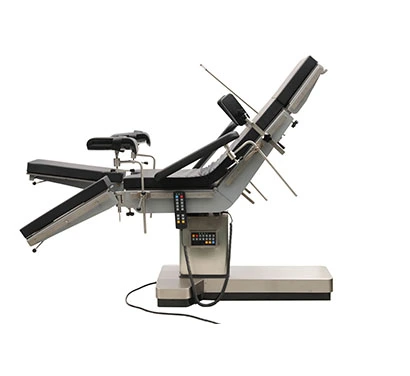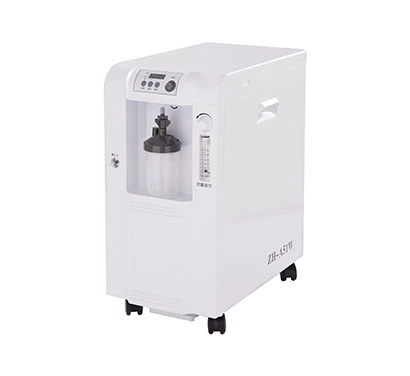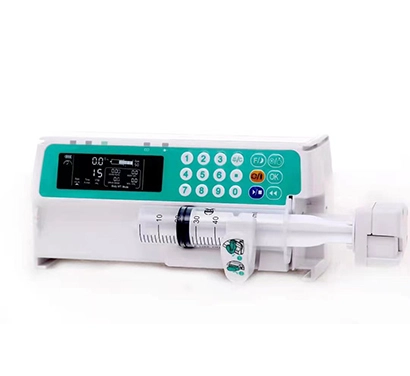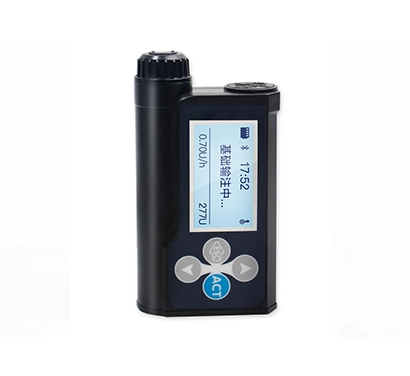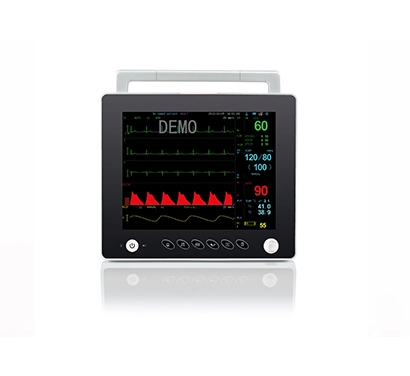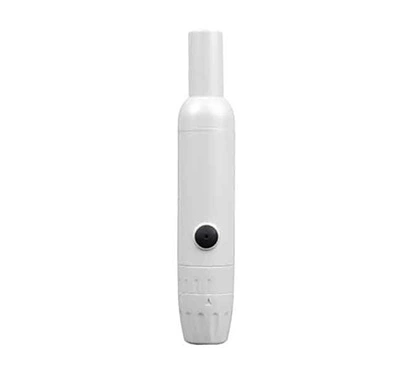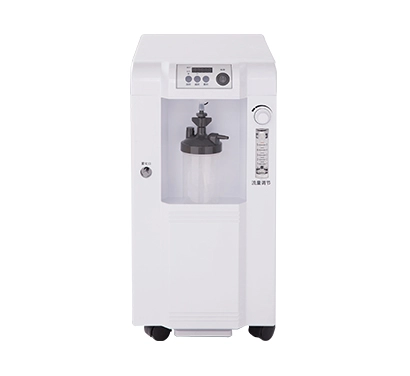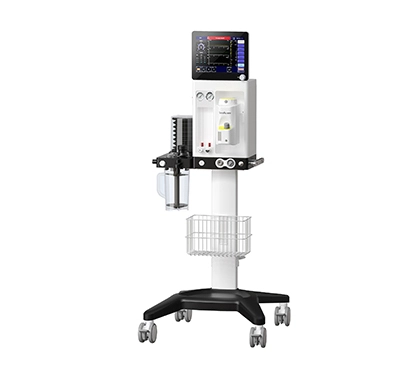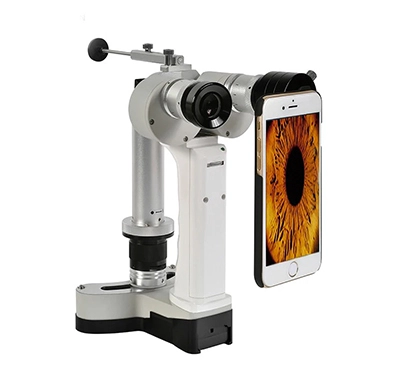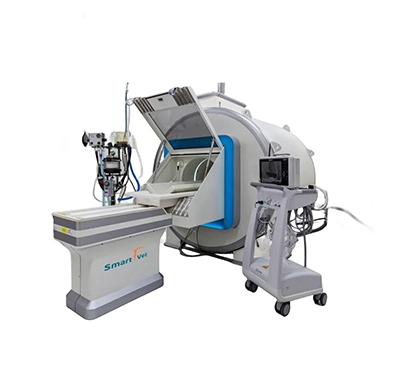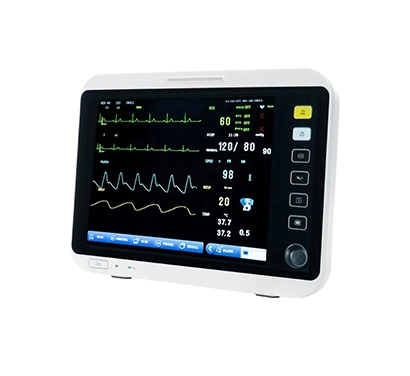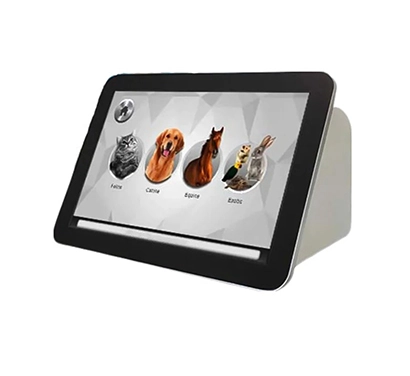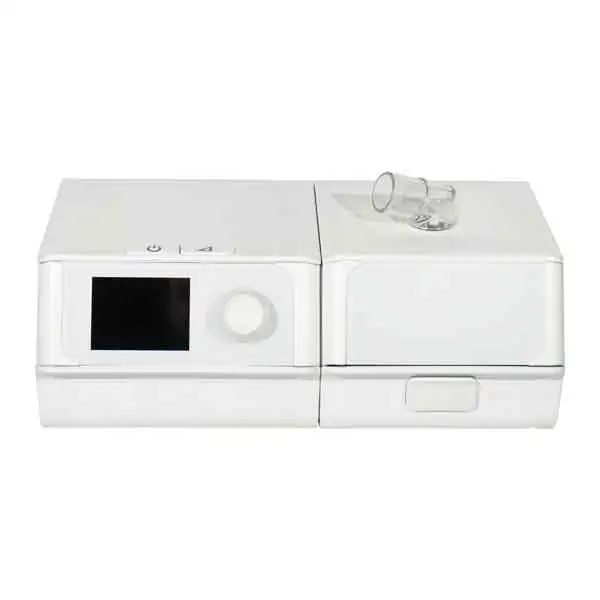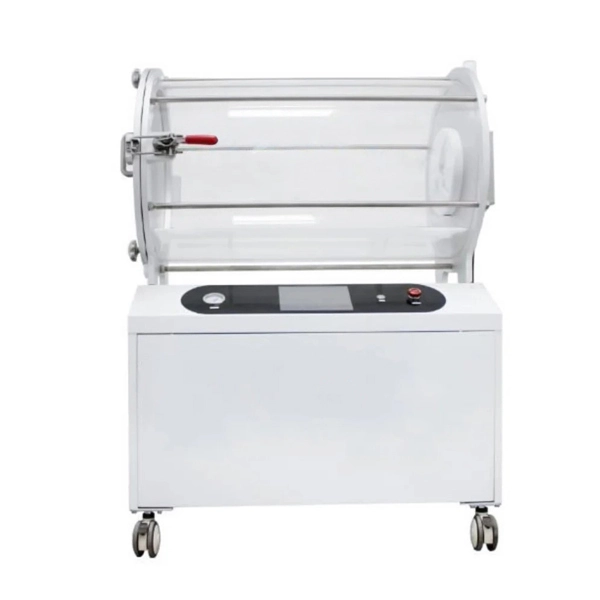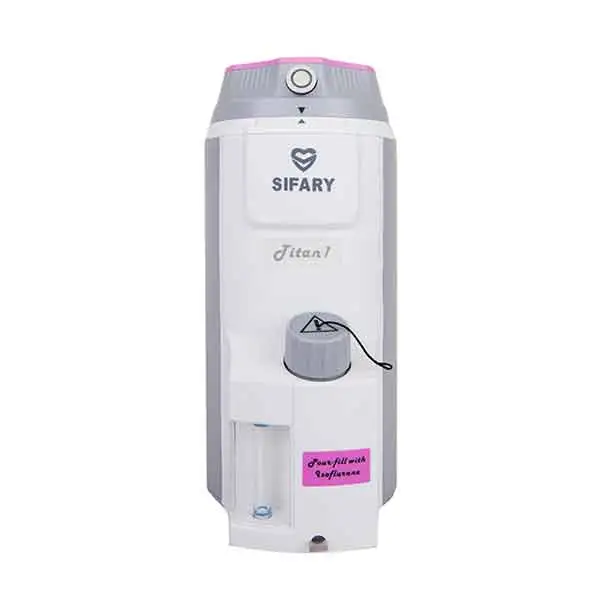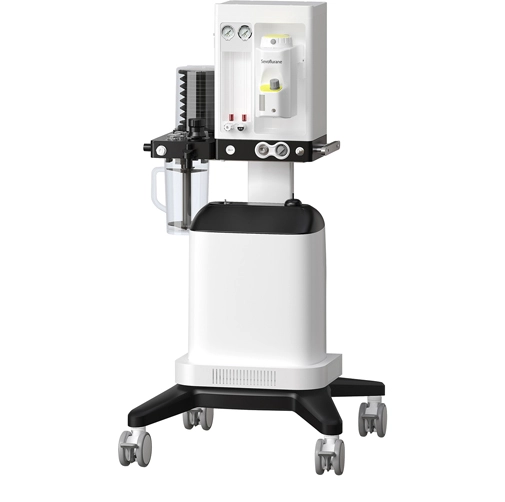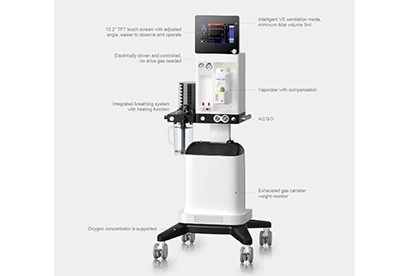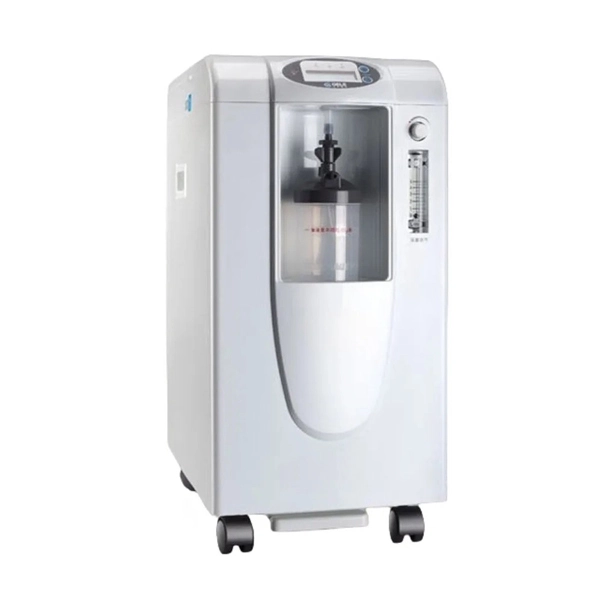The monitor can continuously monitor patients' ECG, heart rate, and respiration over a long period, providing timely feedback on the pet's condition and ensuring its safety. It is one of the commonly used devices in veterinary hospitals. However, traditional ECG monitors are bulky and inconvenient to move and can only be used in operating rooms. To solve this problem, RHC Medical has introduced a portable veterinary ECG.
Understanding veterinary ECGs
A veterinary ECG is a device that measures and controls the physiological parameters of sick animals and compares them to known set values. The veterinary ECG continuously monitors these parameters for 24 hours, detects trends, indicates critical situations, and provides veterinarians with the basis for emergency treatment and care, minimizing complications to alleviate and eliminate the condition. In addition to measuring and monitoring physiological parameters, veterinary ECGs are also used to monitor and manage the condition before and after medication and surgery.
Flexibility
The most notable feature of portable veterinary ECGs is their compact and lightweight design, making them easy to carry. This allows veterinarians to perform ECG examinations wherever needed, without having to transport the animal patient to a hospital or specialized examination room. Whether in a veterinary clinic, a farm, or in the field for rescue operations, veterinarians can provide ECG services to animal patients anytime, greatly enhancing diagnostic flexibility and efficiency.
Improving Diagnostic Efficiency
ECG examination is one of the important means of diagnosing heart diseases. The portable veterinary ECG can record the animal patient's ECG waveform in real-time, helping veterinarians quickly assess cardiac function and abnormalities. For animal patients with sudden heart conditions, timely ECG examination can provide critical diagnostic information, allowing veterinarians to promptly formulate treatment plans and improve the success rate of rescue efforts.
Reducing Animal Patients' Stress Response
Traditional ECG examinations often require the animal patient to remain calm, which can be challenging for some sensitive or easily agitated animals. However, portable veterinary ECGs can conduct examinations in the animal's natural state, reducing their stress response. Additionally, due to the compact and lightweight design of the equipment, veterinarians can adjust the examination position and angle more flexibly, ensuring the accuracy of the ECG examination.
In short, RHC Medical's veterinary monitors for sale can be used to monitor, record, and review pets' physiological parameters in real-time. They are suitable for monitoring the care of pets during the postoperative critical period and in critical cases. They enhance the safety of anesthesia and critically ill patients, effectively preventing and reducing the risk of accidental death during the perioperative and critical periods.

 EN
EN
 fr
fr  es
es  ru
ru  ar
ar 
